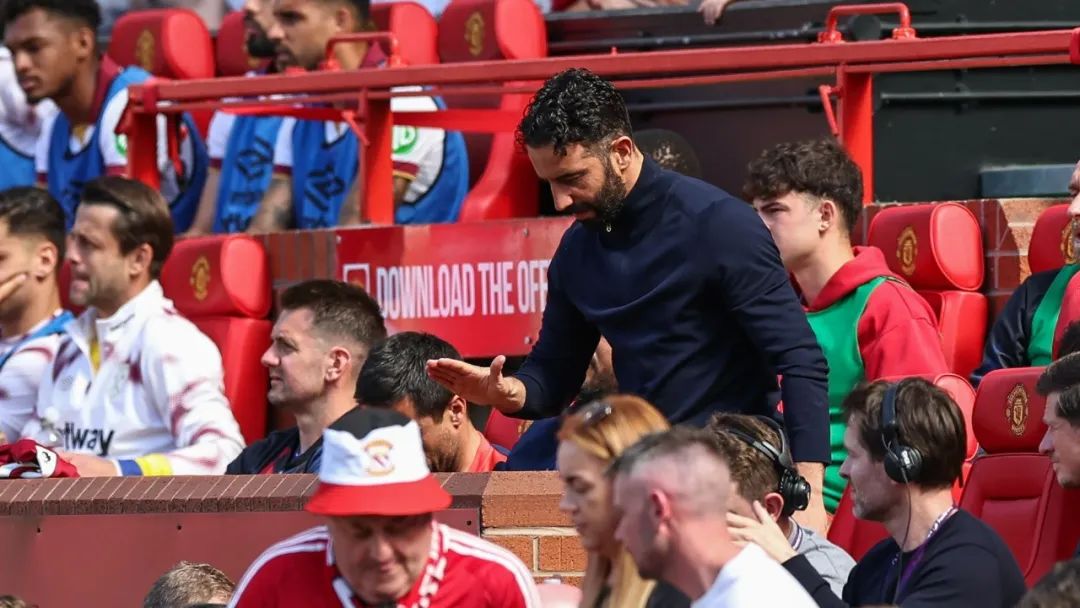
Amorim’s Manchester United find themselves in a dilemma: by rotating away their strengths, they’ve dented the team’s morale
Share
11 May,2025
Man Utd 0 - 2 West Ham
After sealing a spot in the Europa League final, United’s season now has one clear aim. To lift that trophy, Amorim briefed the squad on a new plan: despite a few tough Premier League tests ahead, the team is officially in final-prep mode. Rotation is coming—fringe and academy players will get minutes—and training loads will ease as everyone recharges. It’s the right call, but it drags United’s league form back into uncertainty. Their upcoming opponents won’t mind one bit.

United shuffled the deck for this one. Only Yoro, Mazraoui, Ugarte, Bruno Fernandes and Højlund survived from the recent first-choice XI. Yoro anchored a back line flanked by Luke Shaw and Mazraoui, with Amass and Amad Diallo pushed on as wing-backs. Mount and Mainoo formed the diagonal midfield pair ahead of them.
The setup made the side small and agile—great for relentless movement and tight combinations—but it sacrificed raw power and top-end sprinting, qualities that have underpinned United’s surge in recent weeks.
With both teams already free of league pressure, the early tempo stayed low. United kept the ball at Old Trafford and, true to type, looked to funnel play toward both flanks:









United fell 0-2. Throwing everything at the Europa League was always a roll of the dice—silverware still hinges on luck, and Amorim’s pre-match caveats don’t soften a domestic loss.
They never looked ready for a scrap. It was their second game in four days, half the XI was rotated, and the tweaked setup smothered their usual strengths. Even at 0-0 the pattern was clear: plenty of the ball, zero bite. Once West Ham’s match-winners clicked and the tempo climbed, United lagged behind. Their on-ball edge evaporated in minutes.

Viewed that way, the defeat was no shock. Once the players started groping for chemistry and couldn’t reproduce the direct patterns that drove the last few wins, United’s uphill night was set. Their finishing is rarely ruthless; add a downgraded chance-creation engine and the result writes itself.
Amorim should remember: staking the season on the Europa League is like heading for penalties after extra time—technically a 50-50, but the extra-time performance still molds morale and, with it, the quality of every spot-kick. Rotate and tinker, sure, yet a baseline of bite has to remain. Otherwise, trying to fire the team back up on final day won’t be so simple.

